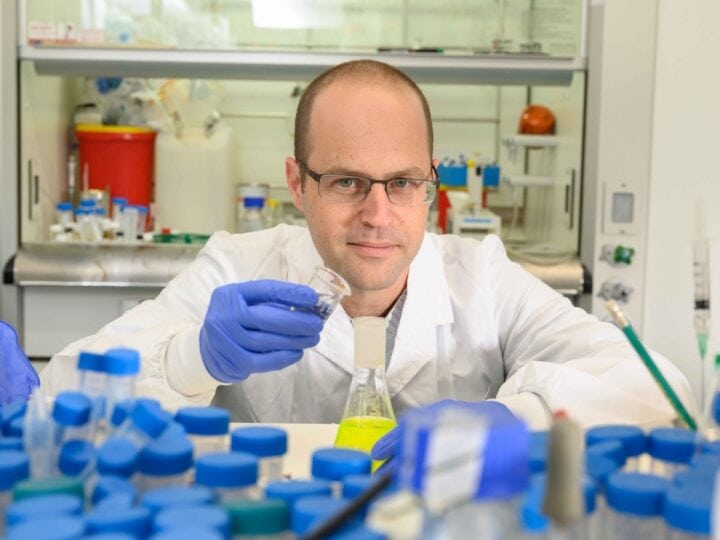A highly personalized approach could help the body’s immune cells better recognize melanoma (the most dangerous type of skin cancer) and kill it, according to an Israeli study published in Cancer Discovery.
Today’s immunotherapies involve administering antibodies to unlock the natural immune T cells that recognize and kill cancer cells; or growing and reactivating these T cells outside the body and returning them in a “weaponized” form.
“But none of this will kill the cancer if the immune cells do not recognize the ‘signposts’ that mark cancer cells as foreign,” says molecular cell biologist Prof. Yardena Samuels of the Weizmann Institute of Science in Rehovot.
Groups around the world are searching for such signposts (called neo-antigen profiles) on the cancer cells’ outer membranes. Identifying and narrowing down neo-antigen profiles in cancers like melanoma, however, is difficult using current algorithmic methods.
Samuels, together with her PhD student Shelly Kalaora and in collaboration with Prof Arie Admon of the Technion-Israel Institute of Technology in Haifa, used a new method Admon developed to find the signposts.
“Our neo-antigen and corresponding T-cell identification strategies were so robust, our neo-antigen-specific T cells killed 90% of their target melanoma cells both on plates and in mice. This suggests possible clinical applications for the near future,” said Samuels.
“It is clearly essential not only to identify the immunogenic peptides presented on the cancer cells, but to select the ones that are common to the patient’s metastases. This can then help direct systemic therapeutic responses in patients with multiple metastases,” said Kalaora.
Samuels and Kalaora worked with Dr. Eytan Ruppin of the US National Cancer Institute; Dr. Jennifer Wargo of the University of Texas MD Anderson Cancer Center, Houston; Prof. Nir Friedman of the Weizmann Institute; and researchers from Hebrew University Hadassah Medical School in Jerusalem; and BioNTech Cell & Gene Therapies and University Medical Center of Johannes Gutenberg University, both in Germany.
Samuels points out that “although this research is experimental right now, the findings are highly relevant to clinical research. … As almost all the neo-antigens detected in patients thus far are individual and unique to the particular cancerous tissue, they constitute an ideal class of anti-cancer targets. This would be the ultimate personalized cancer therapy.”
















